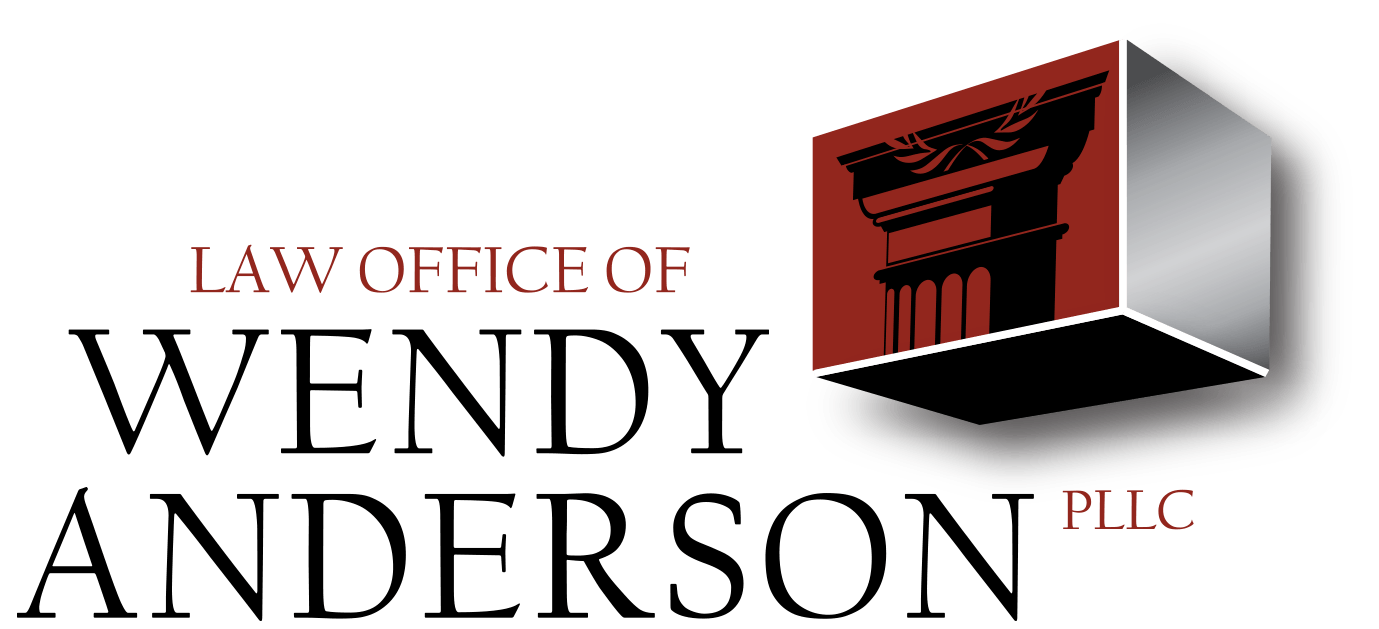The Settlement Agreement – the Critical Step to Solidify the Resolution of a Business Dispute
As a business owner, you know that there will be a time that your company is in a legal dispute with a customer, or maybe another company. Perhaps you and your business partner disagree over an important issue. Maybe an employee has made an allegation against the company.
Hopefully, the dispute is easily resolved. But what if it’s not?
Taking a dispute to litigation is a time-consuming, costly, and stressful endeavor. Your attention and mental energy will be diverted for months. And the final resolution is out of your hands. I believe a more appealing process is to engage the opposing party in negotiation so that each of you achieves a result you can live with, even if it’s not everything you wanted.
Once this compromise is agreed upon, it’s critical to draft a comprehensive Settlement Agreement. Such a document will clearly lay out the original reason for the dispute and the full negotiated agreement, which is always more detailed than simply noting what one party will pay to the other or do to resolve the issue.
Topics to consider for the negotiation – and for the Agreement - include:
- The obligation for one party to take any certain action, like complete a project, deliver an item, or withdraw a complaint
- Payment (or other consideration) from one party to the other
- Timing and terms of any payment, and responsibility for any tax liability
- A release from future claims under certain specified state or federal laws
- Recognition of any rights that cannot legally be waived
- Promises that the aggrieved party will not subsequently file a lawsuit or bring any claim against the other
- Any confidentiality obligations relating to the dispute and the settlement
A Settlement Agreement is a legally binding contract, as both parties sign the document as evidence of their acknowledgment and agreement to its terms and conditions. If either party violates the terms of the Agreement, then the non-breaching party has the right to then make a formal legal claim against the breaching party.
A well thought out and well-drafted Settlement Agreement can provide peace of mind to both parties. Ideally, each party will be clear on the steps that will be taken to resolve the conflict, and both agree that, with the signing of the Agreement, the matter is completely and finally resolved.
On the other hand, a poorly written document may leave numerous issues undetermined and may leave the door open for either party to raise the disputed issues again in the future. And that’s not acceptable.
If you are in dispute over a business or personal matter, please don’t hesitate to contact me. I can assist in negotiating the terms and in drafting the actual Settlement Agreement so that you are relieved of the uncertainty of what might happen if you don’t address the issue head on.
NOTE: THIS ARTICLE IS FOR GENERAL INFORMATIONAL PURPOSES. IT DOES NOT CONSTITUTE LEGAL ADVICE, NOR DOES IT CREATE AN ATTORNEY-CLIENT RELATIONSHIP. EACH SITUATION IS DIFFERENT. YOU SHOULD CONSULT WITH AN ATTORNEY TO DETERMINE YOUR LEGAL RIGHTS, REMEDIES, AND DUTIES.
By Wendy M. Anderson, Esq.
Law Office of Wendy Anderson, PLLC
480-825-4509





